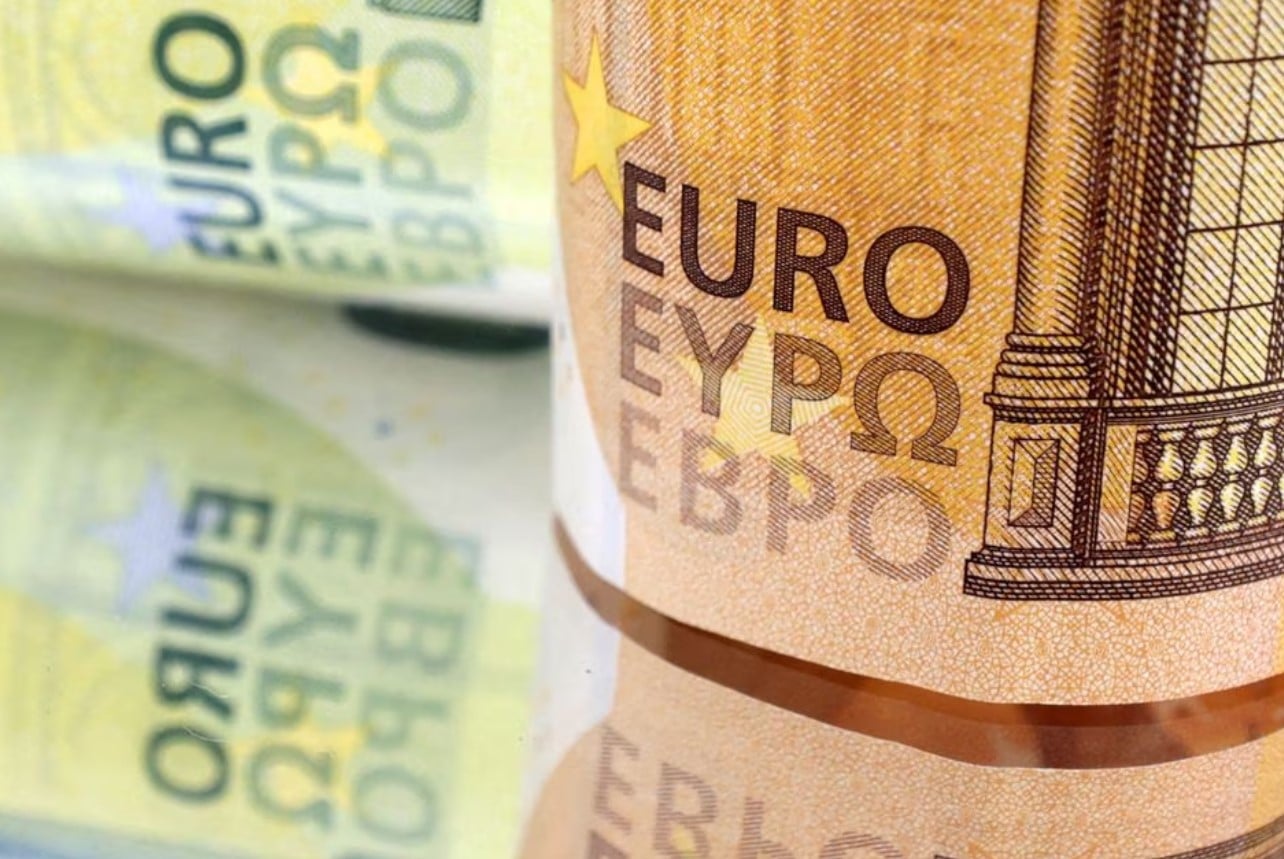The latest State Aid Scoreboard from the European Commission, published by the Centre of International and European Economic Law (CIEEL), shows a significant reduction in state aid expenditures reported by EU Member States for the year 2022.
The Office of the Commissioner for State Aid Control on Tuesday reported that spending decreased by about 34.8 per cent from the previous year, totalling €228 billion, down from €349.7 billion in 2021—a reduction of €121.7 billion.
The bulk of the aid, amounting to 50.43 per cent (€114.98 bn), focused on crisis management, with €75.65 bn dedicated to combating the impact of Covid-19, and €39.33 bn directed towards mitigating the effects of the war in Ukraine.
The substantial decrease in state aid, which ranged from 0.3 per cent to 2.1 per cent of GDP, down from 0.9 per cent to 4.6 per cent in 2021, is primarily attributed to the phased reduction of pandemic-related measures as the health situation improved and restrictions were lifted.
Spending on pandemic-related measures alone saw a 60.5 per cent drop compared to 2021.
Additionally, state aid under the Temporary Crisis Framework 2022, designed to counter the adverse effects of the Ukraine conflict, accounted for roughly 0.25 per cent of the EU’s GDP.
Spending on non-crisis objectives decreased by 28 per cent, after adjusting for inflation, totalling around €112 bn, approximately 0.7 per cent of EU GDP, and representing about 49 per cent of total state aid expenditure.
Non-crisis-related spending focused predominantly on environmental protection and energy savings, which, despite a 46 per cent real-term decrease, still made up 37 per cent of such expenditures.
In addition, regional development saw an expenditure increase of 4.8 per cent in 2022, totalling €13.91 bn.
The year also saw a rise in the adoption of measures under various Exemption Regulations, with 1,901 new measures implemented under the General Exemption Regulation (GER) 651/2014, and several others in the agricultural and fisheries sectors.
These new measures constituted 84 per cent of all new state aid measures introduced in 2022, with 93 per cent of all new non-crisis measures falling under the General Agreement on Tariffs and Trade (GATT).
The Office of the Commissioner for State Aid Control said that “we are committed to steering all competent authorities towards utilising the Exemptions Regulations, once these have been green-lit at the national level by the Supervisor”.
“These regulations are pivotal in aligning with the priority areas earmarked by the European Commission,” it added.
Moreover, the office said that “while we have observed some advances in adopting these regulations within the competent authorities of Cyprus, the progress achieved thus far does not yet meet the benchmark set by other Member States”.
“Our goal is to persistently provide information and guidance to all competent authorities,” the office explained.
“This concerted effort is aimed at bolstering the use of the Exemptions Regulations, fulfilling the strategic objectives we have set forth,” it concluded.






Click here to change your cookie preferences